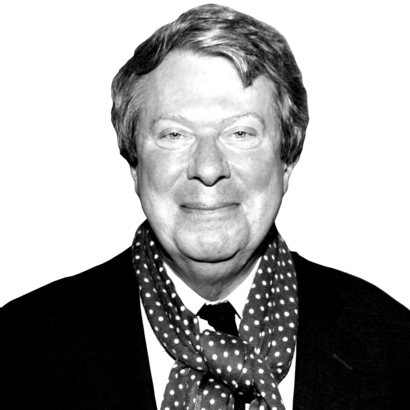Charming might seem like an odd word to describe André Gregory’s new memoir, called, in typically playful and, yes, charming fashion, This Is Not My Memoir. That, however, is what the book is—funny, filled with vivid characters, crazy situations, wise reflections, shrewd observations, and, at the end, inspiring and optimistic sadness about growing old. This visionary, idiosyncratic iconoclast has written a theater memoir that never bogs down with dreary pronouncements about “art,” and never submits its readers to one of those “and then I did and then I did” journeys.
I suspect many people who do not know André Gregory assume he is an elegant older WASP right out of an A. R. Gurney play. Nothing could be further from the truth. He was born into a rich Russian-Jewish family, who pretended to be White Russian aristocrats, escaped to Berlin and then to Paris, where he was born, and eventually settled in the United States, where he went to fancy schools and graduated from Harvard. After graduation, Gregory’s life took off, and so does this book.


